Professor Andrea Streit
Head of Centre for Craniofacial & Regenerative Biology
- Professor of Developmental Neurobiology
Research interests
- Craniofacial
Biography
Professor Andrea Streit studied Biology at the University of Cologne and obtained her PhD in Neurobiology from the University of Heidelberg, Germany. She trained as a postdoctoral researcher at the University of Turku (Finland), the University of Oxford (UK) and at Columbia University, New York.
Professor Streit joined King’s in 2000, where her research group focuses on the development of vertebrate sense organs. Her primary interest is to understand the molecular and cellular mechanisms that control cell fate decisions in the sensory nervous system, and how we can use this knowledge to promote regeneration and repair. Using multidisciplinary approaches her group studies the signalling and transcription factor networks that control how sensory stem cells become different from each other to generate cells of the eye, ear and nose and the specialised cell types therein and how these networks were modulated as complex sense organs emerged during evolution. In addition, Andrea’s group explores the epigenetic mechanisms that control inner ear development and the regeneration of the sensory cells crucial for sound and balance perception.
Apart from leading an international team, Professor Streit is actively involved in PhD student affairs as postgraduate coordinator, mentoring schemes for junior faculty members and postdoctoral researchers, and has held various leadership roles in the Faculty. From 2013-2018 she held the position of Dean for Research and was appointed Head of the Centre for Craniofacial and Regenerative Biology in October 2021. She has longstanding expertise in evaluating research quality serving as a member of international advisory boards, of UK research council grant panels and most recently as member of the REF2021 sub-panel 5 Biological Sciences.
Research
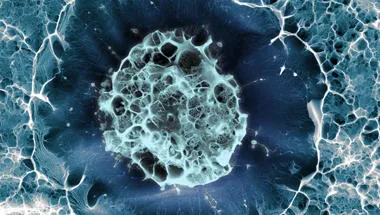
Centre for Craniofacial & Regenerative Biology
Our research goes beyond the mouth. If we understand how the entire face and head forms, we can repair damage and regenerate cells. If we unravel the causes of diseases, we can treat patients successfully. If we solve these problems, our discoveries will improve health worldwide.
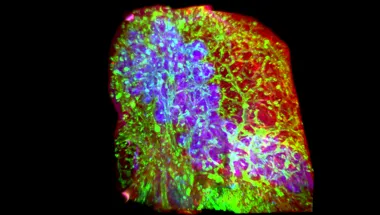
From Developmental Biology to Regenerative Medicine
Understanding organ development and tissue regeneration provides a framework for elucidating disease mechanisms as well as for developing new therapeutics.

Organoids Research Interest Group (ORIG)
Organoids are 3D, miniature versions of organs grown from stem cells. They replicate organ structure and function, making them essential for studying tissue homeostasis, disease mechanisms, and developing new therapies. This research interest group encompasses all organoid-related research at King’s College London.
News
The Sharpe Edge – Celebrating the legacy of Professor Paul Sharpe
On Tuesday 6 May, scientists from across the world came together at King’s College London to celebrate the career and achievements of Emeritus Professor Paul...
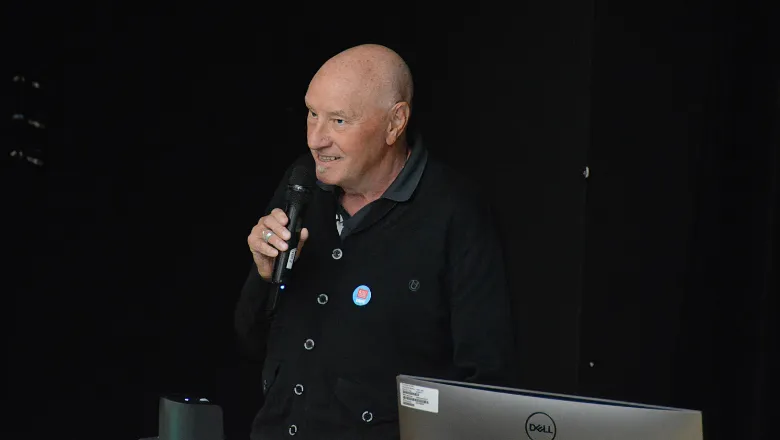
Candidate deafness genes revealed in new study
New candidate genes which could be responsible for deafness have been identified.

Research on key factor controlling ear development at early stages awarded Cozzarelli Prize
The 2022 King’s-led research paper was awarded the prize from PNAS, which acknowledges papers that reflect scientific excellence and originality.
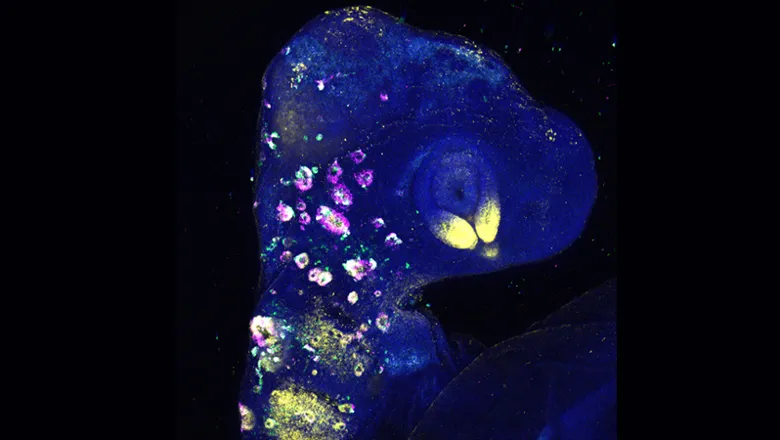
Women in Science project welcomes Brazilian researchers to King's
Colleagues from two universities in Porto Alegre visited King’s as part of Women in Science project, which seeks to encourage women and girls to pursue a...
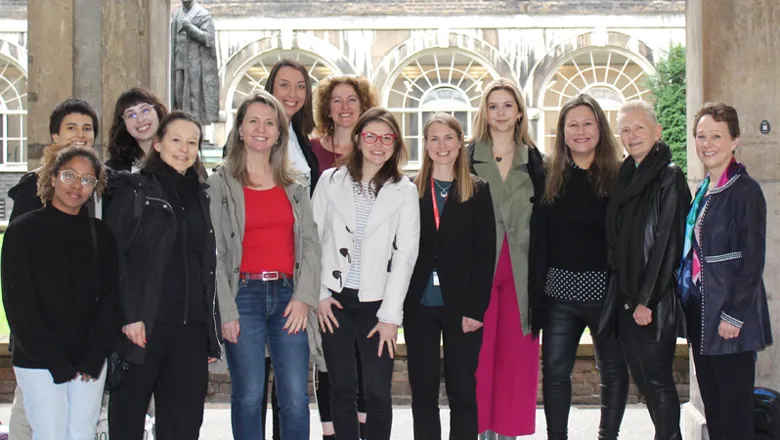
New research uncovers key factor controlling ear development at early stages
Study provides unprecedented detail on early ear development, which may inform regenerative strategy for ear developmental malformations.
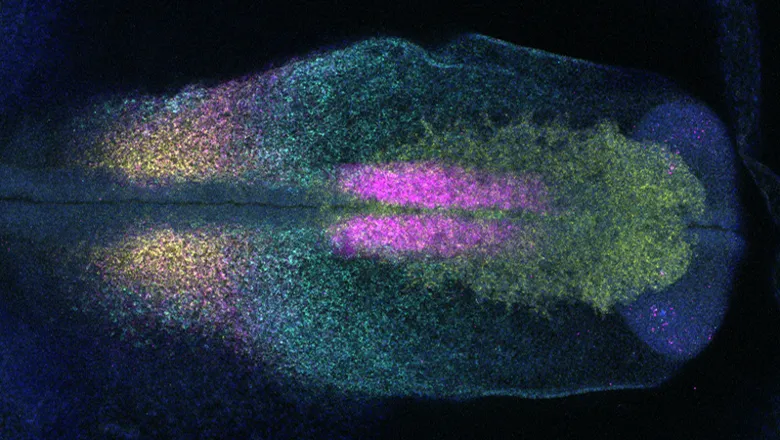
Mouse model may explain why people with CHARGE syndrome are deaf
Using mouse models, researchers from King’s College London provide a clue as to why patients with CHARGE syndrome are deaf.
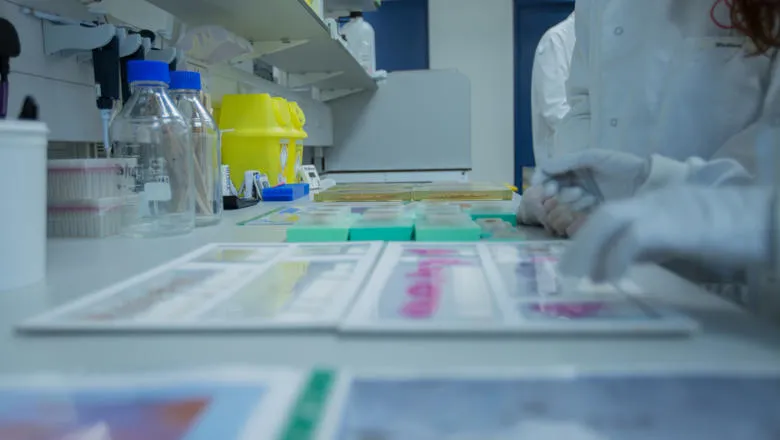
New ideas and inspirations
A sabbatical at the Francis Crick Institute
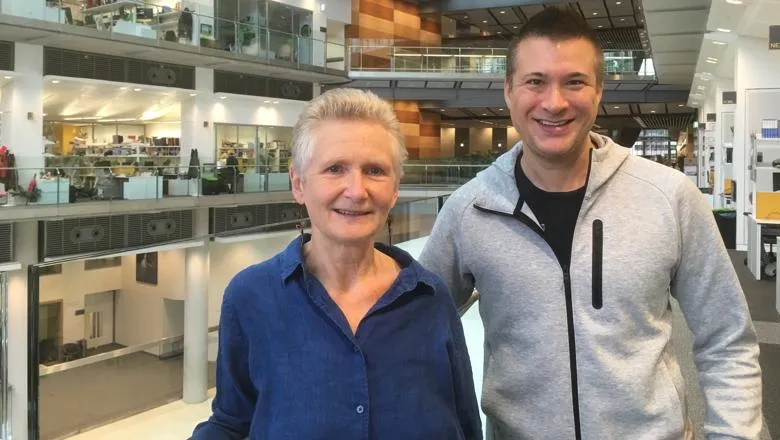
Revealing commonalities between central and peripheral nervous system progenitors
The nervous system is arguably the most complex organ of the vertebrate body. The eye, ear and olfactory epithelium are part of the peripheral nervous system...
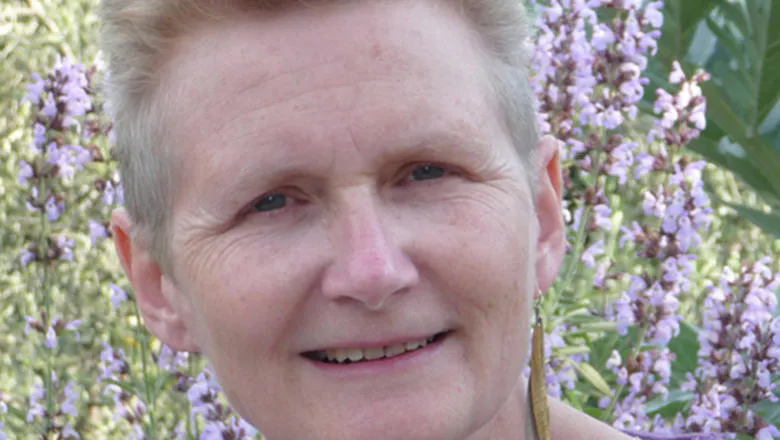
Research

Centre for Craniofacial & Regenerative Biology
Our research goes beyond the mouth. If we understand how the entire face and head forms, we can repair damage and regenerate cells. If we unravel the causes of diseases, we can treat patients successfully. If we solve these problems, our discoveries will improve health worldwide.

From Developmental Biology to Regenerative Medicine
Understanding organ development and tissue regeneration provides a framework for elucidating disease mechanisms as well as for developing new therapeutics.

Organoids Research Interest Group (ORIG)
Organoids are 3D, miniature versions of organs grown from stem cells. They replicate organ structure and function, making them essential for studying tissue homeostasis, disease mechanisms, and developing new therapies. This research interest group encompasses all organoid-related research at King’s College London.
News
The Sharpe Edge – Celebrating the legacy of Professor Paul Sharpe
On Tuesday 6 May, scientists from across the world came together at King’s College London to celebrate the career and achievements of Emeritus Professor Paul...

Candidate deafness genes revealed in new study
New candidate genes which could be responsible for deafness have been identified.

Research on key factor controlling ear development at early stages awarded Cozzarelli Prize
The 2022 King’s-led research paper was awarded the prize from PNAS, which acknowledges papers that reflect scientific excellence and originality.

Women in Science project welcomes Brazilian researchers to King's
Colleagues from two universities in Porto Alegre visited King’s as part of Women in Science project, which seeks to encourage women and girls to pursue a...

New research uncovers key factor controlling ear development at early stages
Study provides unprecedented detail on early ear development, which may inform regenerative strategy for ear developmental malformations.

Mouse model may explain why people with CHARGE syndrome are deaf
Using mouse models, researchers from King’s College London provide a clue as to why patients with CHARGE syndrome are deaf.

New ideas and inspirations
A sabbatical at the Francis Crick Institute

Revealing commonalities between central and peripheral nervous system progenitors
The nervous system is arguably the most complex organ of the vertebrate body. The eye, ear and olfactory epithelium are part of the peripheral nervous system...

